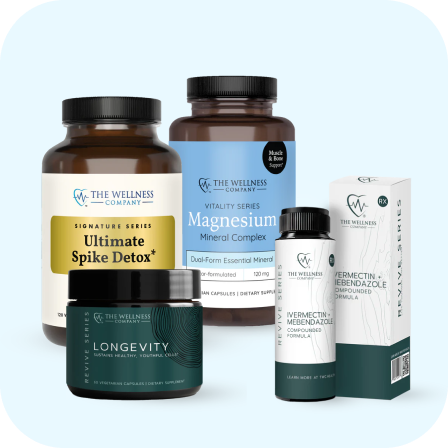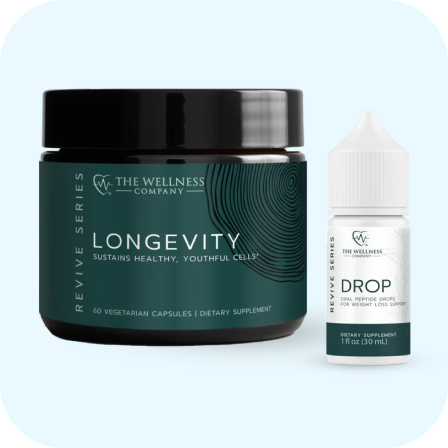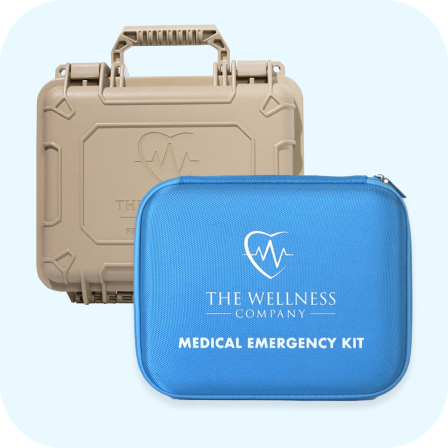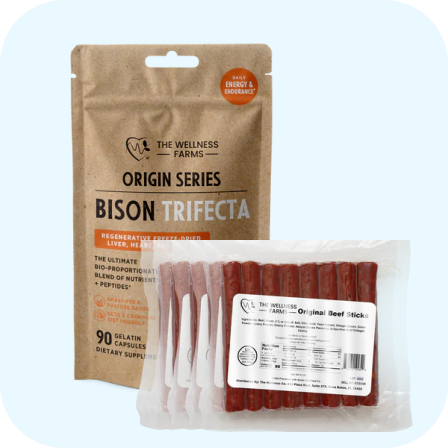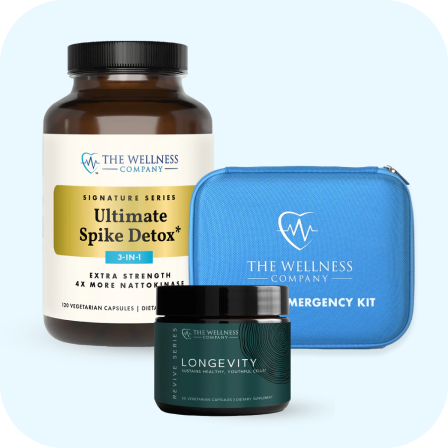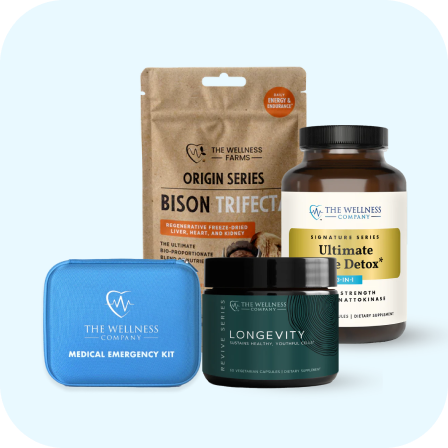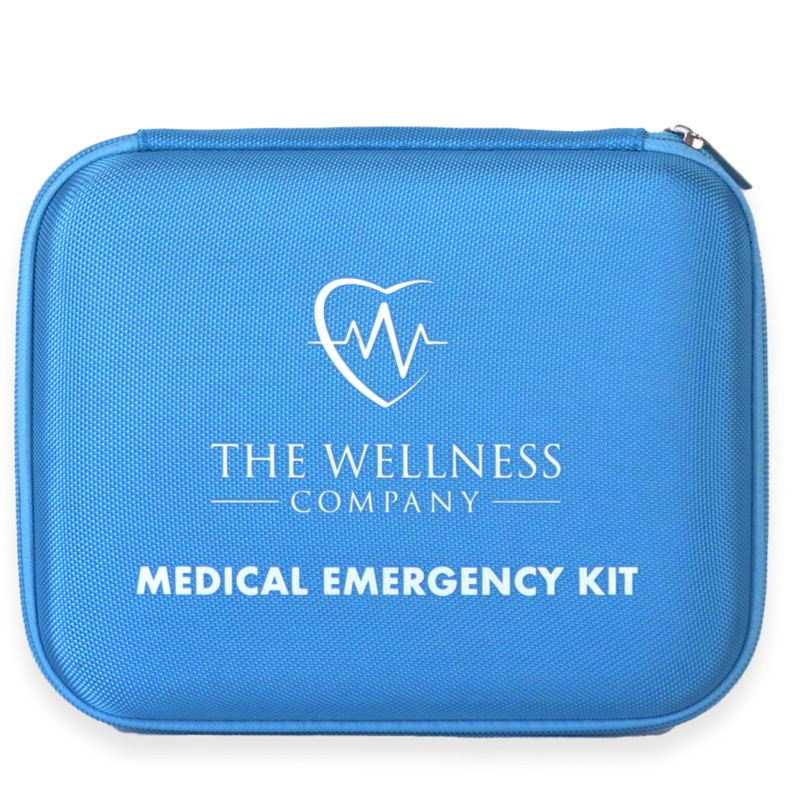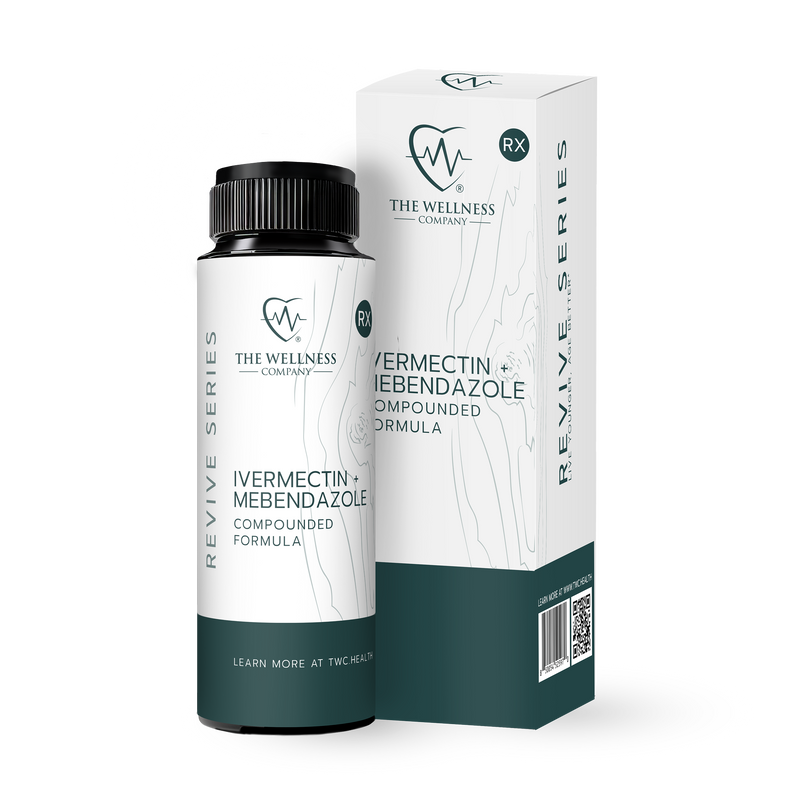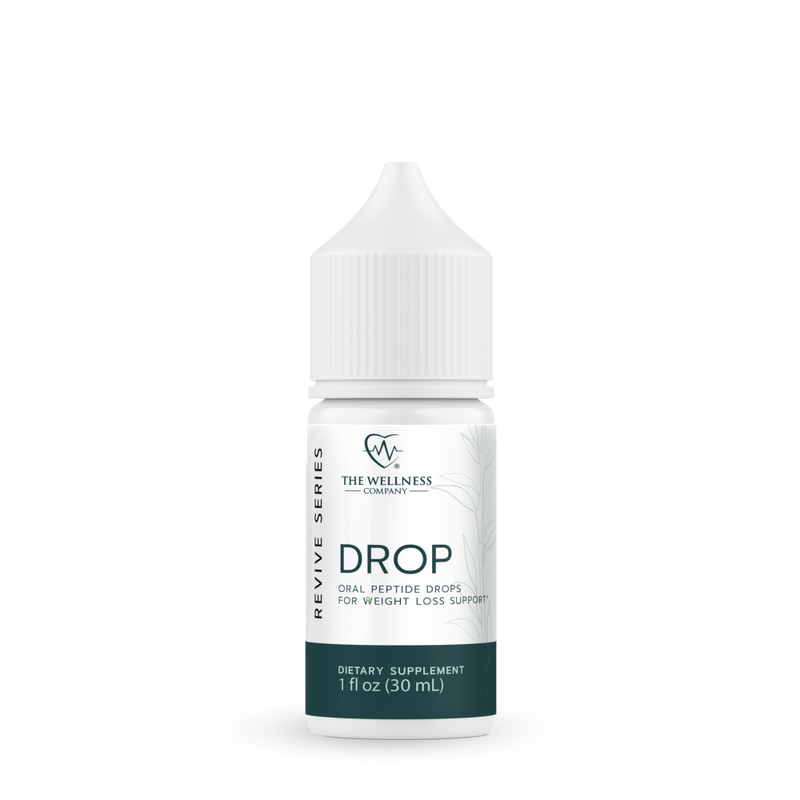2025 Flu Shot Effectiveness & Safety Risks

By Brooke Lounsbury
The 2025 flu vaccine had a pathetic 36% efficacy rate.
Thimerosal Out—But Is the Flu Vaccine Any Better?
The United States has finally banned thimerosal — the mercury-based preservative — from all flu shots for the 2024–2025 season, decades after public outrage about its presence in childhood and adult vaccines. Yes, “mercury-free” is now official policy for everyone, following years of mounting pressure and heated debate. But don’t celebrate just yet — some supplies of flu vaccines still contain thimerosal, namely multidose vials of Afluria, Fluzone, and Flucelvax.(1,2)
Pathetic Performance: Flu Shot Efficacy Under 40%?
The 2024–2025 flu season “featured” a flu vaccine with a mere 36% effectiveness for adults. That means more than 6 out of 10 people who got their shot were still vulnerable. In some age groups and against certain strains, protection dropped even lower — especially for the elderly, a group at high risk for serious flu complications.(1)
Is it any wonder people are asking if it’s even worth getting the jab? This season saw tens of millions of flu cases, dramatic pediatric deaths, and a vaccine that continues to fall far short of what most people would call “reliable protection.” And to make matters worse, the ingredients in the flu shot are questionable at best.
Thimerosal May Be (ALMOST) Gone, But What’s Still Lurking in Your Flu Shot? Meet Squalene
While most single-dose shots are thimerosal-free, some multi-dose vials are still around. Even more controversial is the quietly included “adjuvant” called squalene in some flu vaccines.
What is Squalene? Should You Be Worried?
Squalene is a naturally occurring oil found in your body — but when injected as an adjuvant to “boost” vaccine impact, scientific studies have raised serious concerns. In research with rats, just one injection of squalene was enough to cause joint-destroying, immune-driven arthritis. Other studies showed squalene injections could trigger lupus-like autoimmune symptoms and specific autoantibodies tied to chronic illnesses in animals.(3,4)
If you’re concerned about what’s being injected into your body, you’re not alone.
The Contagion Emergency Kit
No Thimerosal — No Squalene — Ever
If you do come down with the flu, be prepared. Our Contagion Emergency Kit contains prescriptions for managing flu symptoms — antivirals, antibiotics, a nebulizer, and medication — to help you get back on your feet as soon as possible.
References
- Centers for Disease Control and Prevention. (2025, February 22). Preliminary flu vaccine effectiveness (VE) data for 2024–2025. https://www.cdc.gov/flu-vaccines-work/php/effectiveness-studies/2024-2025.html
- U.S. Food and Drug Administration. (2024, March 29). Thimerosal and vaccines. https://www.fda.gov/vaccines-blood-biologics/safety-availability-biologics/thimerosal-and-vaccines
- Carlson BC, Jansson AM, Larsson A, Bucht A, Lorentzen JC. The endogenous adjuvant squalene can induce a chronic T-cell-mediated arthritis in rats. Am J Pathol. 2000 Jun;156(6):2057-65. doi: 10.1016/S0002-9440(10)65077-8. PMID: 10854227; PMCID: PMC1850095.
- Yoshiki Kuroda, Dina C Nacionales, Jun Akaogi, Westley H Reeves, Minoru Satoh. Autoimmunity induced by adjuvant hydrocarbon oil components of vaccine. Biomedicine & Pharmacotherapy, Volume 58, Issue 5, 2004, Pages 325-337. https://www.sciencedirect.com/science/article/abs/pii/S0753332204000642







